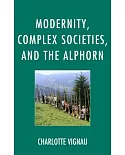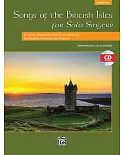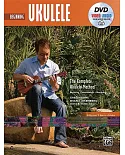Responding to growing international interest in the Yorùbá culture of southwestern Nigeria, practitioners of bàtá—a centuries-old drumming, dancing, and singing tradition—have recast
themselves as traditional performers in a global market. As the Nigerian market for ritual bàtá has been declining, international opportunities for performance have grown. Debra L.
Klein’s lively ethnography explores this disjunction, revealing the world of bàtá artists and the global culture market that helps to sustain their art.
Yorùbá Bàtá Goes Global describes the dramatic changes and reinventions of traditional bàtá performance in recent years, showing how they are continually recreated, performed, and
sold. Klein delves into the lives of Yorùbá musicians, focusing on their strategic collaborations with artists, culture brokers, researchers, and entrepreneurs worldwide. And she explores
how reinvigorated performing ensembles are beginning to parlay success on the world stage into increased power and status within Nigeria. Klein’s study of the interwoven roles of
innovation and tradition will interest scholars of African, global, and cultural studies, anthropology, and ethnomusicology alike.





















